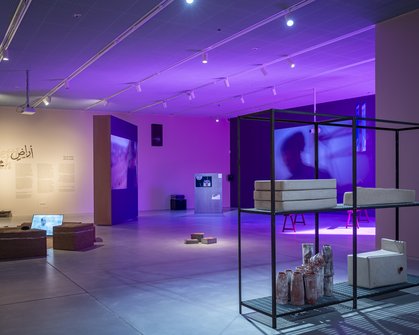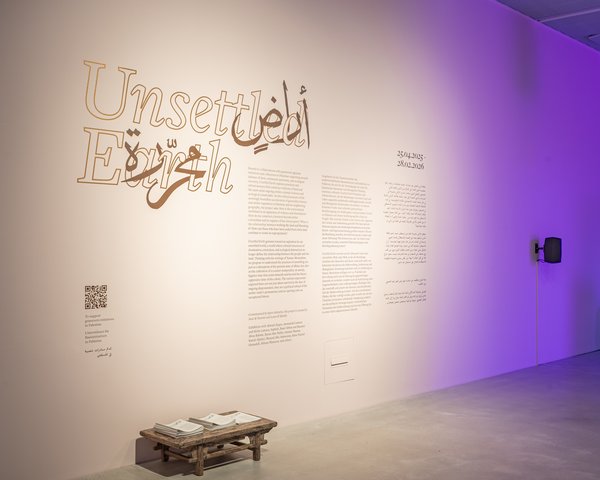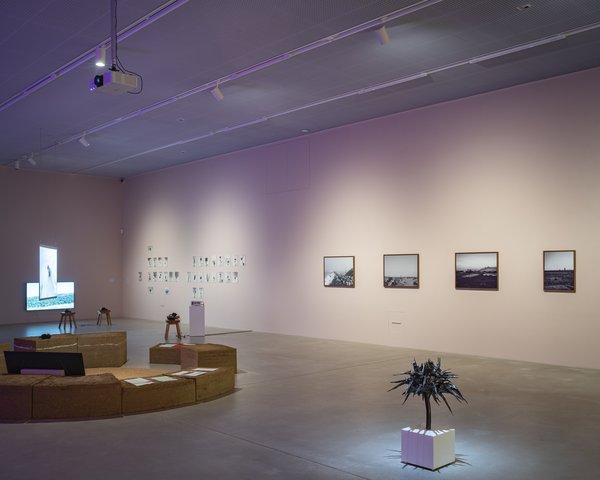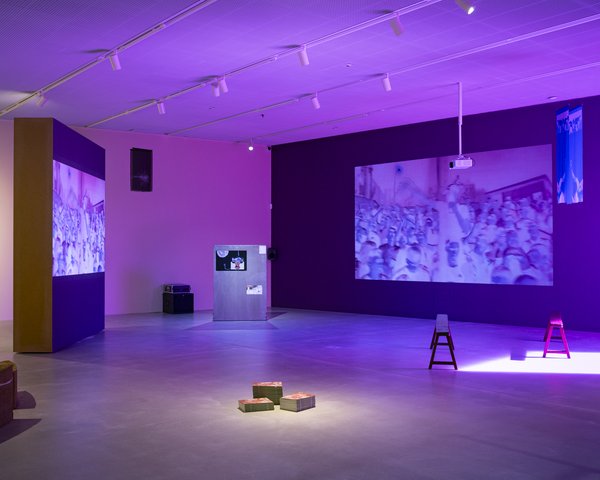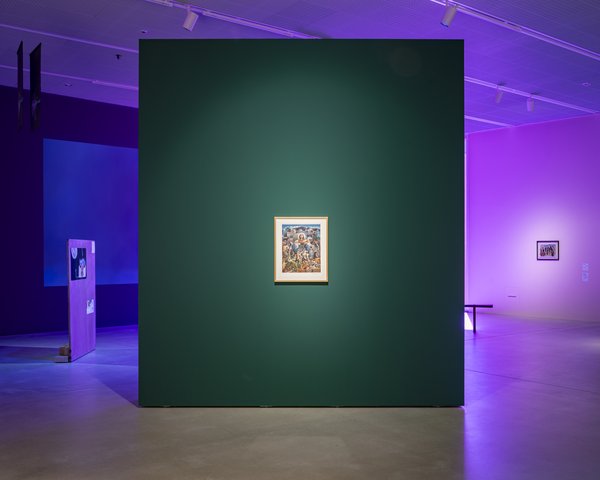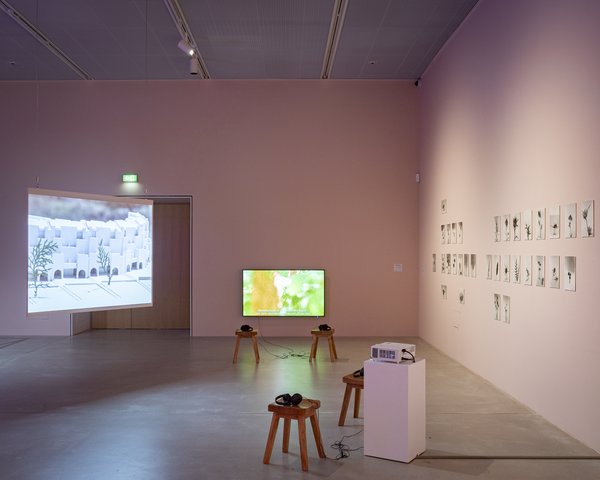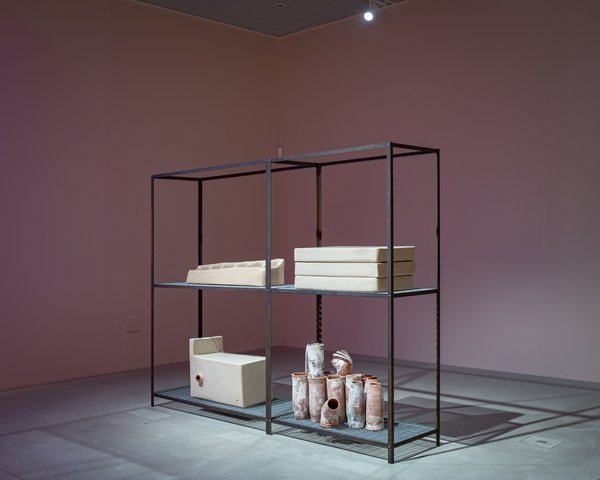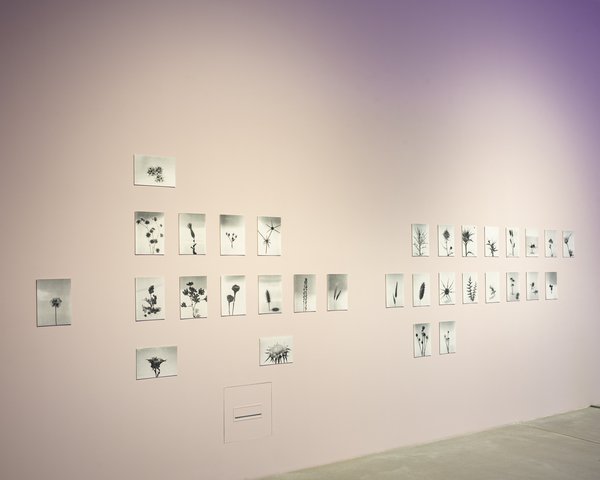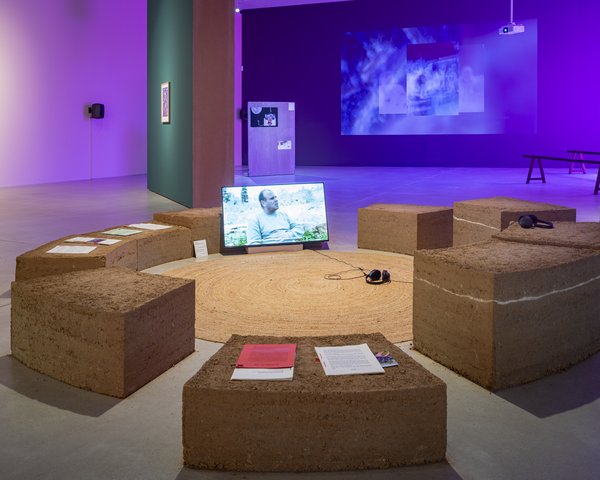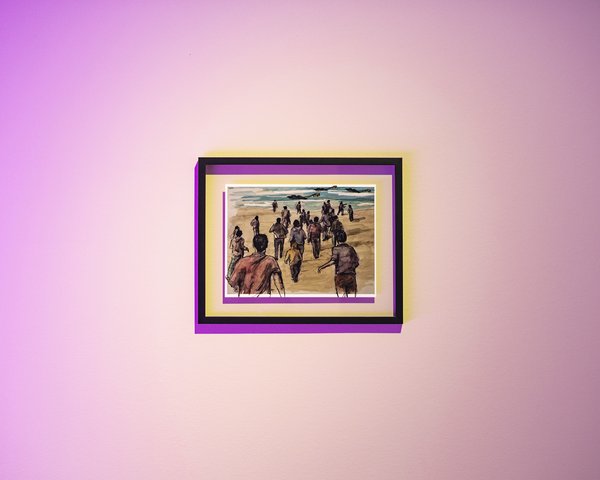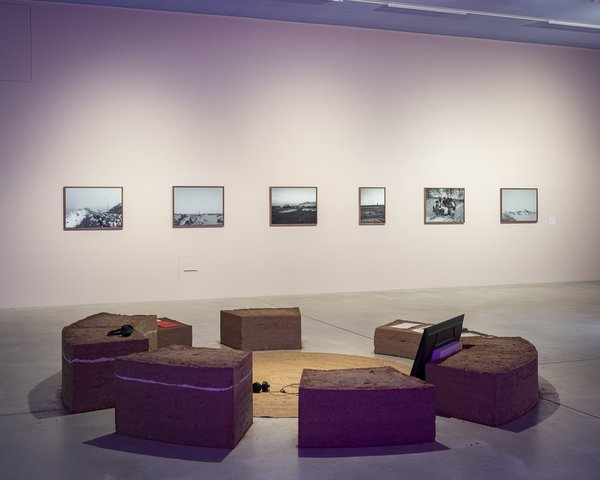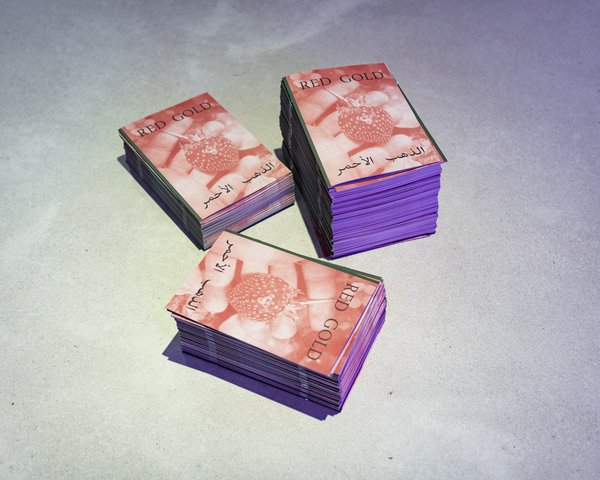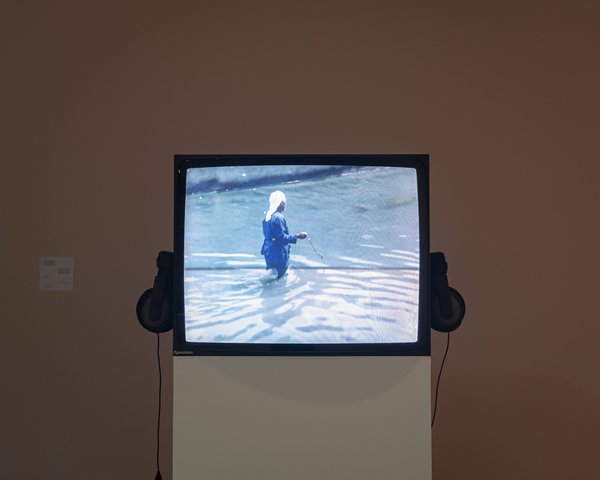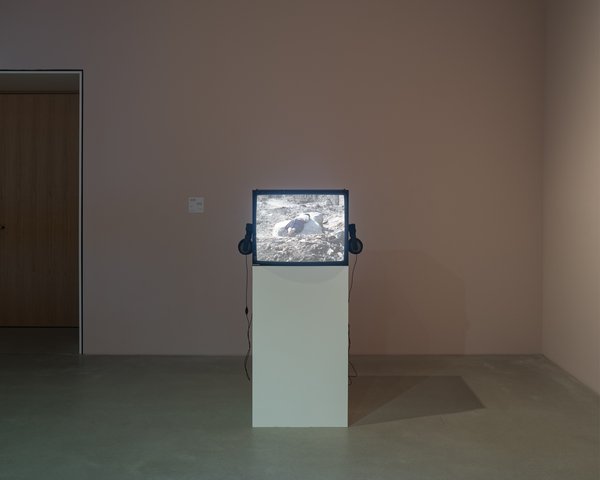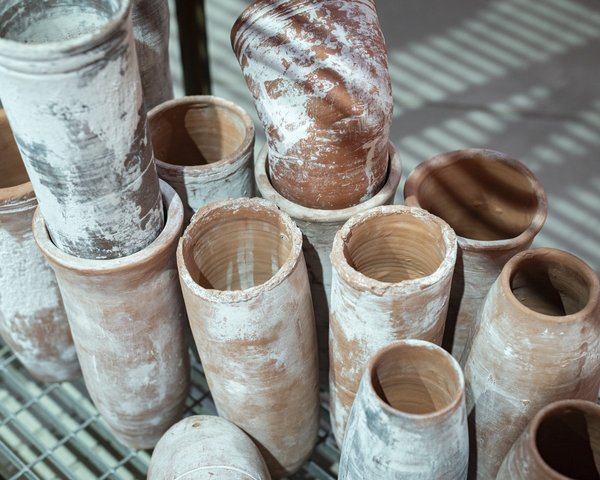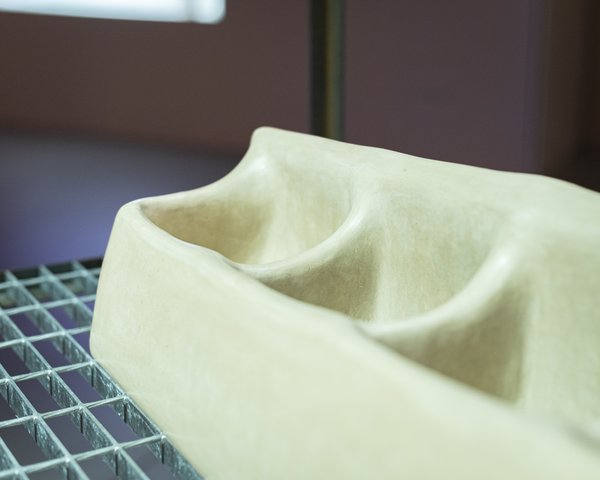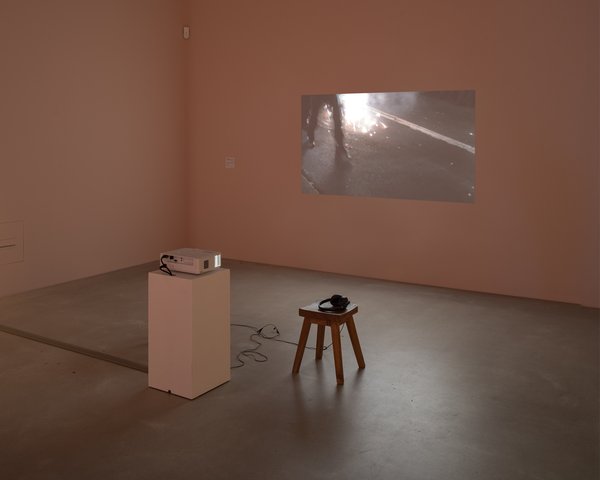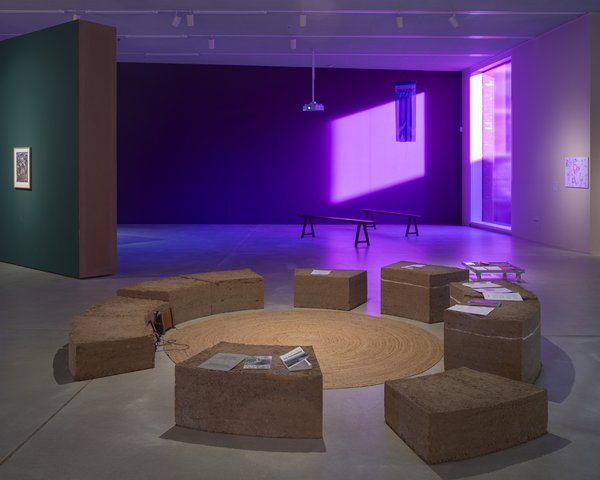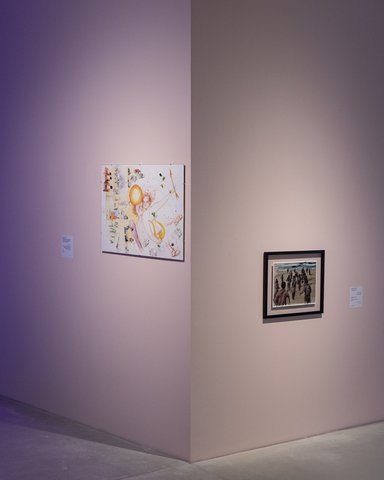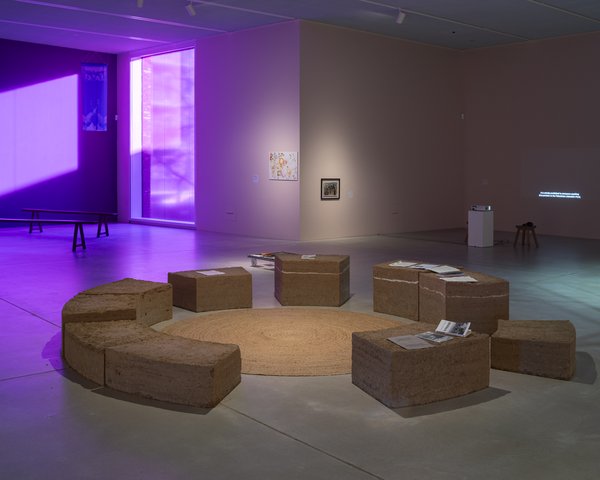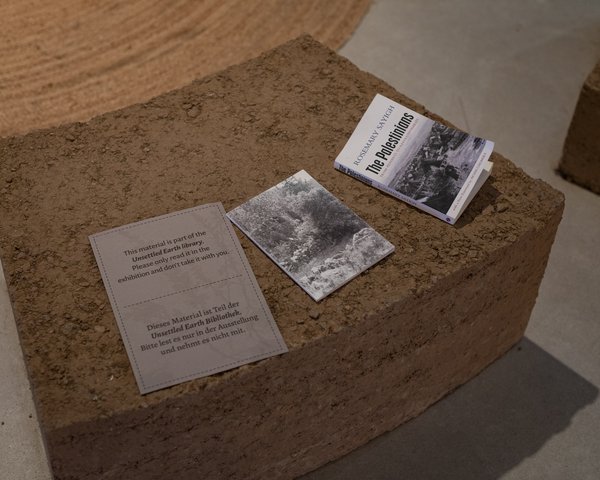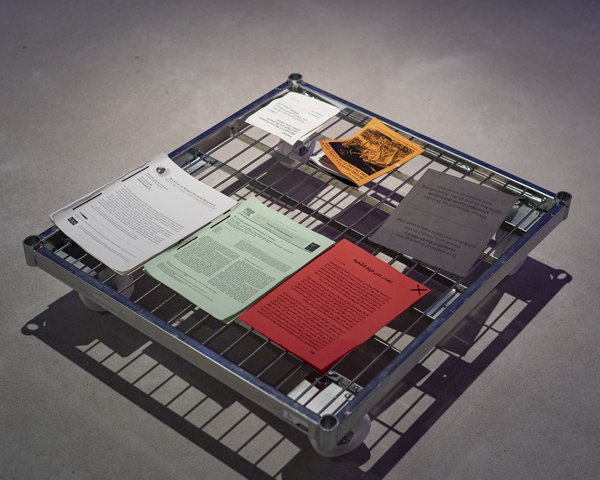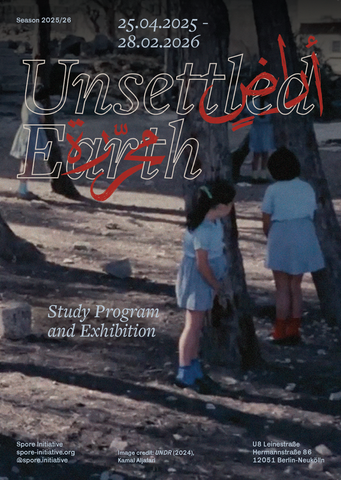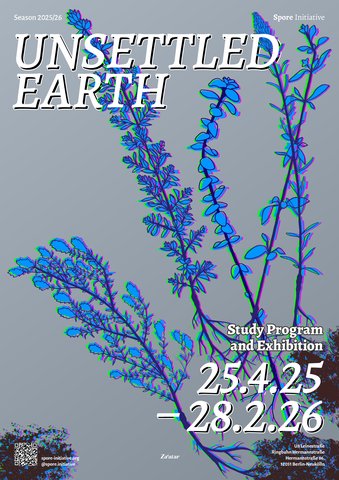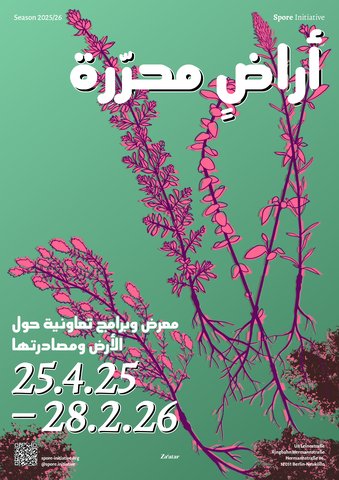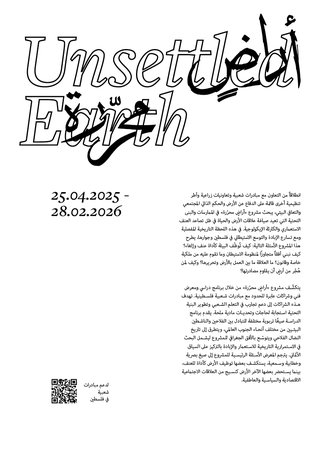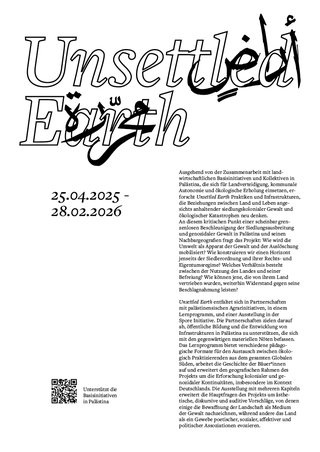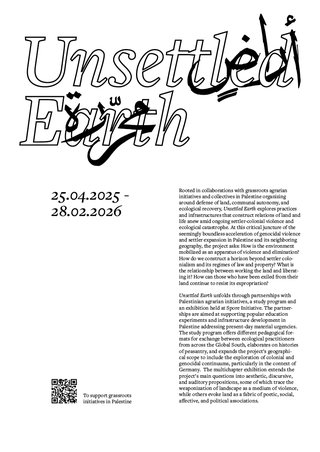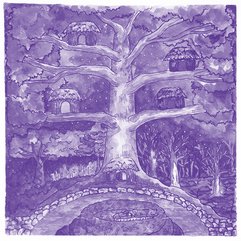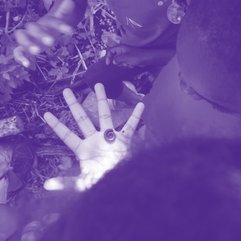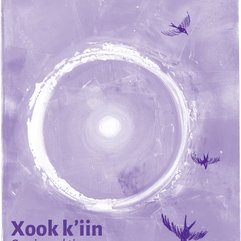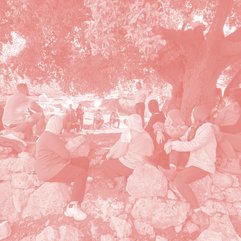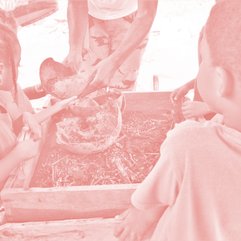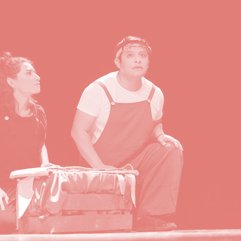Unsettled Earth
Study Program and Exhibition
Opening Hours
Thursday: 3 p.m.-8 p.m.
Friday: 3 p.m.-8 p.m.
Saturday: noon-8 p.m.
Sunday: noon-8 p.m.
Opening Hours
Thursday: 3 p.m.-8 p.m.
Friday: 3 p.m.-8 p.m.
Saturday: noon-8 p.m.
Sunday: noon-8 p.m.
Save the Date
all ages welcome
multilingual

للغة العربية، انقر هنا
Unsettled Earth is a cross-disciplinary project that unfolds through a study program, an exhibition, and transnational partnerships with community organizations. Rooted in collaborations with grassroots agrarian initiatives and collectives in Palestine organizing around defense of land, communal autonomy, and ecological recovery, the project explores practices and infrastructures that construct relations of land and life anew amid ongoing settler-colonial violence and ecological catastrophe. The project asks: How is the environment mobilized as an apparatus of violence and elimination? How do we construct a horizon beyond the settler order and its regimes of law and property? What is the relationship between working the land and liberating it? How can those who have been exiled from their land continue to resist its expropriation?
© Marvin Systermans for Spore Initiative
Among the multiple modalities of settler-colonial violence, we have been bearing witness to the production of what Ghassan Abu-Sittah calls “war biospheres.” Scorched-earth mechanisms—the systematic obliteration and contamination of water supplies, irrigation systems, food, farmland, flora, and fauna—are an attack on the infrastructures of life itself and an attempt to transform the land into a landscape of death and scarcity. Still, land remains a site of resistance, world-building, and regeneration.
Unsettled Earth seeks to focus on the enduring centrality of land in the present, starting with the agrarian question as an entry point into a larger set of intersecting social, economic, political, and ecological concerns. Across Palestine today, initiatives such as agricultural cooperatives, community farms, native plant nurseries, seed libraries, popular banks, neighborhood councils, and their infrastructural interstices all point towards an alternative mode of production rooted in cooperative labor, resource-sharing, and ecological renewal. These practices push against the occupation’s control over productive forces, while also working towards food sovereignty and the cultivation of a resistance economy that enables Palestinians to divest from the Israeli product and labor market, within which their time, resources, and bodies are captured. A community’s ability to cultivate its own food is intricately tied to the capacity to remain on their land, resist settler expansion, and fight the mechanisms of collective punishment such as mass starvation, which are often used to suppress political resistance. Against these recurring threats, working the land becomes a political, ecological, and economic act of refusal and self-determination.
The project title, Unsettled Earth, gestures toward an aspiration for an unsettled world—a world where settler-colonialism’s structures of domination, violence, and ecological destruction no longer define the relationship between people and the land. Thinking with the writings of Nasser Abourahme, the curators propose to understand the practices of unsettling as not just as a disruption of the present state of affairs but also as the cultivation of a counter-temporality: an unruly, fugitive time that exists beneath and beyond the linear, oppressive time of the colony.
The program explores these threads through various formats that will develop across its timeline:
(1) Partnerships with agricultural cooperatives and agrarian initiatives in Palestine, aimed at supporting experiments in popular education and infrastructure development addressing present-day material urgencies.;
(2) An exhibition in Berlin that unfolds through multiple chapters and extends the project’s main questions into aesthetic, discursive, and auditory propositions, some of which trace the weaponization of land as sites and tools of violence, while others evoke land as a fabric of poetic, social, affective, and political associations;
(3) An evolving library, housed within the exhibition, of existing and newly-produced texts, publications, and audio-visual materials offers tools for collective study on agrarian and popular organizing in the struggle against settler expansion;
(4) A hybrid online/onsite study program will offer a space for exchange between ecological practitioners from across the Global South, elaborate on histories of peasantry, and expand the project’s geographical scope to include the exploration of colonial and genocidal continuums, particularly in the context of Germany;
(5) Public events including talks, teach-ins, screenings, and performances will engage with connected histories and geographies of land dispossession and draw on persistent forms of refusal, autonomy, and solidarity.
Commissioned by Spore Initiative, this project is curated by Joud Al-Tamimi and Lama El Khatib. The program is in collaboration with Sarah Zeryab.
Spatial design and exhibition architecture by Rowaa Ibrahim.
Visual language and graphic design by Aziza Ahmad.
Support in publishing and printing by Nabil Heine.
Contributions by Ahmad Alaqra, Ammanah Lamara and Heiba Lamara, Basel Abbas and Ruanne Abou-Rahme, Basyma Saad, Bayan Abu Nahla, Jumana Manna, Kamal Aljafari, Moayed Abu Ammouna, Rana Nazzal Hamadeh, Sarah Zeryab, Sliman Mansour and Popular Art Center, among others.

